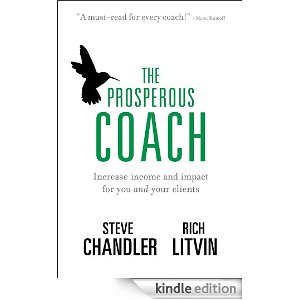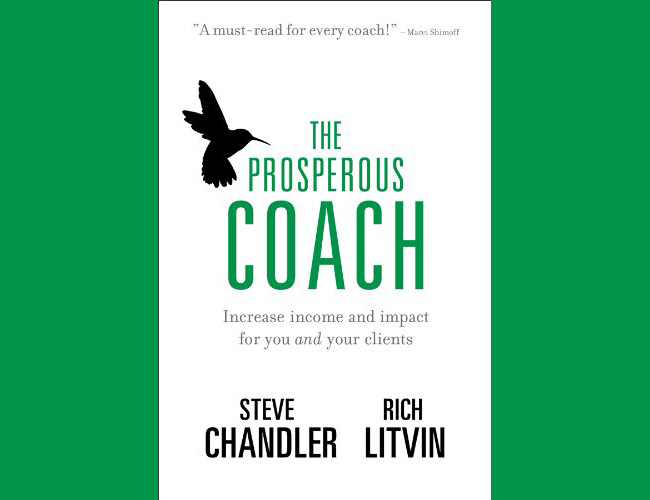
The first word that comes to mind when I think about this book is: Wow.
Seriously wow.
And like all things ‘wow’, it’s not the quality of the tips and strategies that make this a ‘wow’, but the shift in mindset that it produces.
To understand why this is a ‘wow’ for me, you need to know a little bit about my background.
You see, I was bought up in a single parent, working class family of 4 kids. Money was always tight. I was always the poor kid who had to try and find next year’s school uniform in the second hand bin at school.
My mother worked EXTREMELY hard and looked after us incredibly well considering the circumstances, but one incredible woman raising 4 kids is always going to be tough.
This meant that my underlying belief about money was that it was scarce. It was a precious resource that had to be collected and saved at all costs.
Being the ‘me’ centered human being that I am, I automatically assumed that this meant money was scarce for everyone else and this carried over into my coaching practice.
I originally charged only $20 for my ebook and my 5 week workshop was originally priced at $249 (Yes, you read that right).
During my time behind the helm of The Attraction Institute, I was blown away when I was able to gradually increase the book price to $47 and the workshop price to $1,190. I thought I was the new king of money and that I could take over the world!
Little did I realise that there were coaches around the world charging $2,000, $5,000, or even $10,000 A MONTH for their services.
This is what The Prosperous Coach taught me: that money is only as scarce as you believe it is and you can really charge a lot more money for creating incredible changes in peoples lives.
There are people who’re making over $1,000,000 coaching people who from what I’ve seen, aren’t any better coaches than I am.
The only difference between me and them is that they know that money isn’t scarce and they aren’t afraid to ask for it.
That’s it.
And this is why The Prosperous Coach was a ‘wow’ for me.
It helped me see the limitations in my thinking and opened my eye’s to what was really possible.
It showed me that the world out there is far bigger than I could possibly imagine and I was the only one who stopping myself from experiencing it to the fullest (always a great realisation).
Now, it wasn’t just the fact that this book changed my mindset that gave me the belief that I had the capacity to make a real living as a coach (rather than the week-to-week wage I’d been making) is the quality of the tips in the book.
If you know anything about looking beyond the surface and finding the core factors that drive personal characteristics and habits, you’ll be able to see just how surface level and superficial the tips and tricks they offer as ways to become a more prosperous coach are.
This told me one thing: the authors of this book don’t really understand people.
And if they’re making $1mil+ per year with this advice, then I can do it to.
In Summary
If you’re wondering what you need to do to create a thriving coaching practice filled with high-performing and high-paying clients, then this is a great book to read.
It won’t give you a solid breakdown of tools you need to create this practice but it will help you shift the one thing that’s really preventing you from creating this reality: your mindset.
If you’re interested in getting ‘The Prosperous Coach’, you can get it here in softcover or instantly on kindle.




